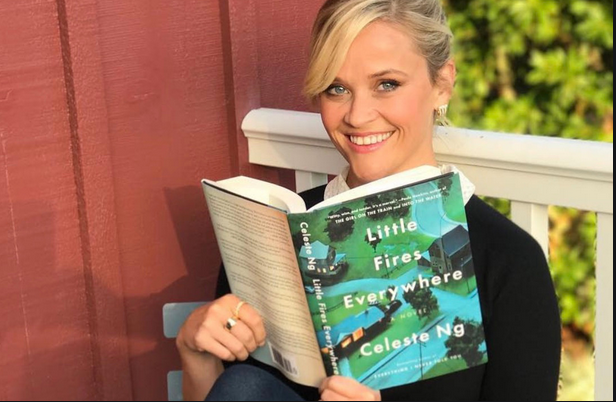Stanford assault victim Chanel Miller’s new book indicts her attacker — and the system according to Elizabeth Flock from The Washington Post… Support our news coverage by subscribing to our Kindle Nation Daily Digest. Joining is free right now!

In January of 2015, a 23-year-old woman was sexually assaulted while she lay unconscious behind a dumpster outside a Stanford fraternity party. Throughout the high-profile trial of her attacker, the woman was known only as Emily Doe. Many more details were known about the perpetrator, Brock Turner, a “star swimmer” at Stanford with a high GPA, as some in the media seemed keen to tell us. Turner, who ran from the scene after being caught by two Swedish graduate students, was found guilty of three felonies — including assault with the intent to commit rape. His sentence was six months in county jail, probation and registration as a sex offender. Turner served three months. Many people were incensed at the leniency of Turner’s punishment, setting off a debate over sexual assault, justice and privilege.
A day after the sentencing in June 2016, we heard from Emily Doe, when a 12-page, wrenching letter she had read at the sentencing hearing was made public. “My damage was internal, unseen, I carry it with me,” she wrote . “You took away my worth, my privacy, my energy, my time, my safety, my intimacy, my confidence, my own voice, until today.” A CNN anchor read the statement aloud on air and a group of Congress members, led by Rep. Jackie Speier (D-Calif.), read it on the House floor. More than 11 million people read the statement online; thousands wrote to Emily Doe.
Earlier this month, Emily Doe came forward for the first time as herself — Chanel Miller — and gave voice to her statement on “60 Minutes.” She revealed not just her name but also details about her life: that she is half Chinese, grew up in Palo Alto and is a writer and artist who received her BA in literature from the College of Creative Studies at the University of California at Santa Barbara. She also released a photograph of herself and disclosed that she lives in San Francisco.
Read full post on The Washington Post
Buy Chanel Miller’s Memoir Here:
![Know My Name: A Memoir by [Miller, Chanel]](https://images-na.ssl-images-amazon.com/images/I/41onA2HFqWL.jpg) Know My Name: A Memoir
Know My Name: A Memoir
Kindle price: $14.99
5.0 stars – 7 reviews
“Know My Name is a blistering, beautifully written account of a courageous young woman’s struggle to hold a sexual predator accountable. Miller has performed an invaluable service for multitudes of survivors. Stand back, folks: This book is going to give a huge blast of momentum to the #MeToo movement.”–Jon Krakauer
The riveting, powerful memoir of the woman whose statement to Brock Turner gave voice to millions of survivors
She was known to the world as Emily Doe when she stunned millions with a letter. Brock Turner had been sentenced to just six months in county jail after he was found sexually assaulting her on Stanford’s campus. Her victim impact statement was posted on BuzzFeed, where it instantly went viral–viewed by eleven million people within four days, it was translated globally and read on the floor of Congress; it inspired changes in California law and the recall of the judge in the case. Thousands wrote to say that she had given them the courage to share their own experiences of assault for the first time.
Now she reclaims her identity to tell her story of trauma, transcendence, and the power of words. It was the perfect case, in many ways–there were eyewitnesses, Turner ran away, physical evidence was immediately secured. But her struggles with isolation and shame during the aftermath and the trial reveal the oppression victims face in even the best-case scenarios. Her story illuminates a culture biased to protect perpetrators, indicts a criminal justice system designed to fail the most vulnerable, and, ultimately, shines with the courage required to move through suffering and live a full and beautiful life….

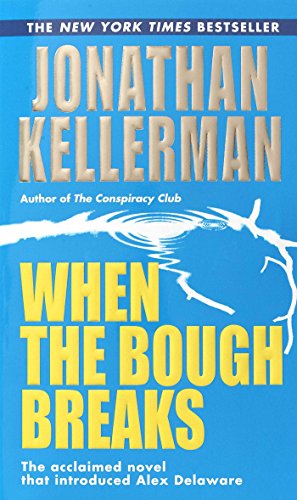
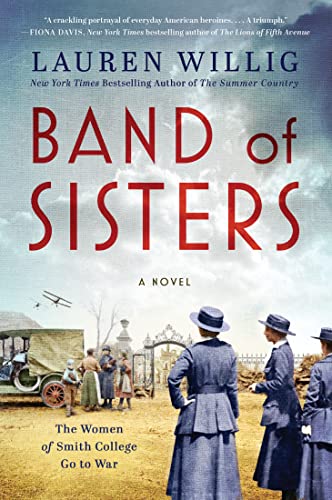



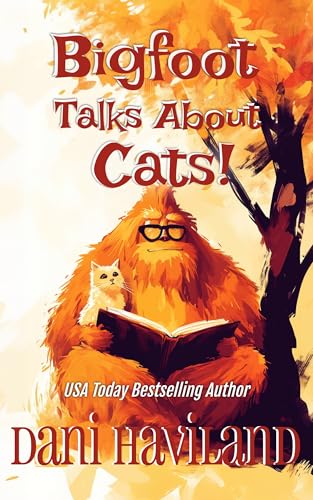

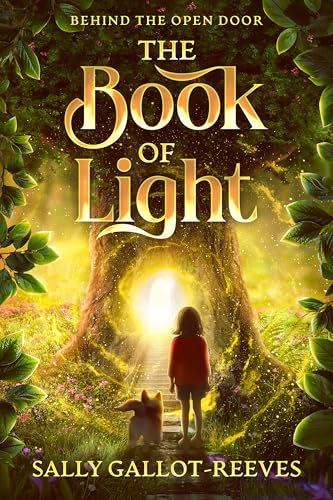



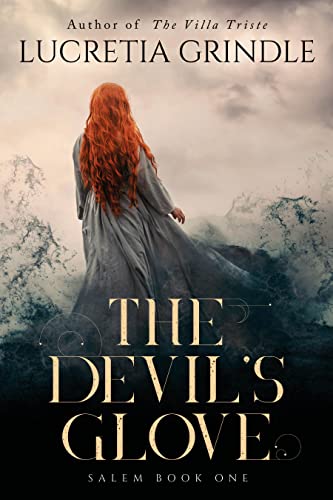


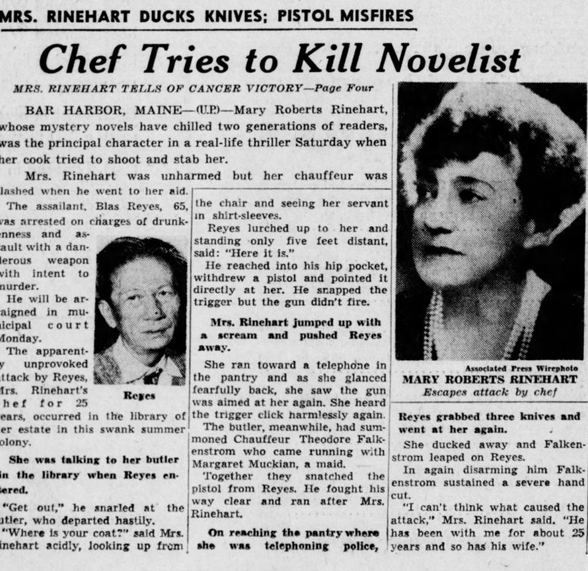




![Know My Name: A Memoir by [Miller, Chanel]](https://images-na.ssl-images-amazon.com/images/I/41onA2HFqWL.jpg)
